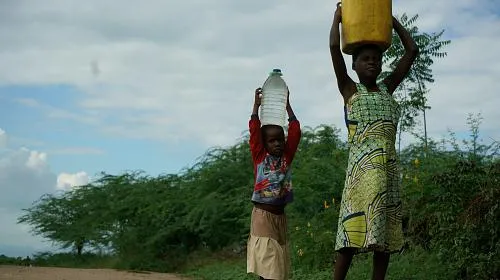Public Radio International (PRI) aired a story highlighting how the drought in Sub-Saharan Africa disproportionately affects women. Asli Mohamoud, a CARE staffer in Somalia, gives a riveting, and at times, tearful account of what the drought means to Somali women: longer treks to get water where they are vulnerable to rape and violence; higher incidences of child marriage, HIV infections and more.
Check out the story here.

